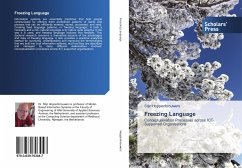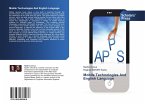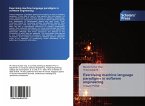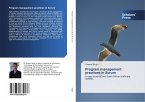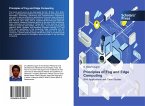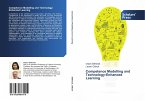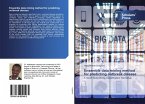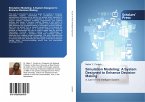Information systems are essentially machines that help people communicate by offering them predefined patterns of words and phrases that can be efficiently entered, stored, processed, and read. Creating fixed language patterns, or 'freezing language', is both a necessity and a risk: natural language is by nature quite adaptive in the way it is used, and freezing language reduces that flexibility. This doctoral research concerns a theoretical account of the advantages and risks of freezing language. It also provides a practical analytical method for surveying, understanding and improving the terminologies that are built into your information systems, and how they are described and managed by many different stakeholders involved: conceptualisation processes across ICT-supported organisations.
Bitte wählen Sie Ihr Anliegen aus.
Rechnungen
Retourenschein anfordern
Bestellstatus
Storno

